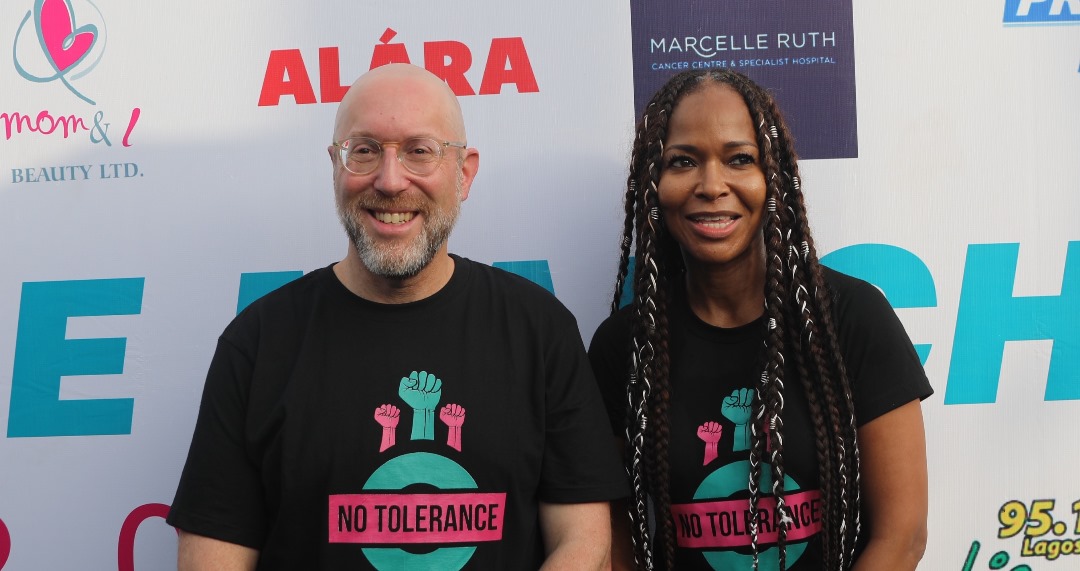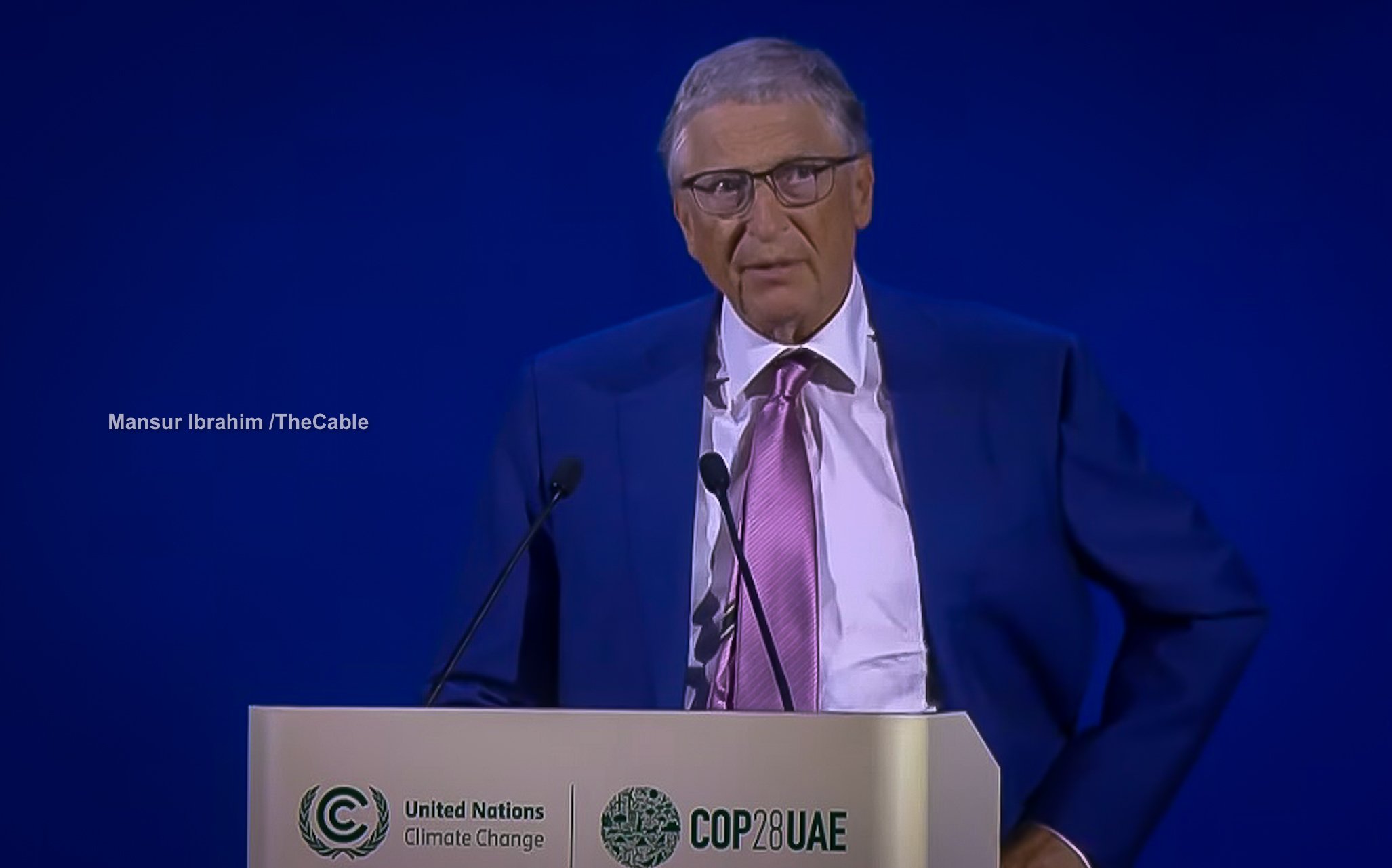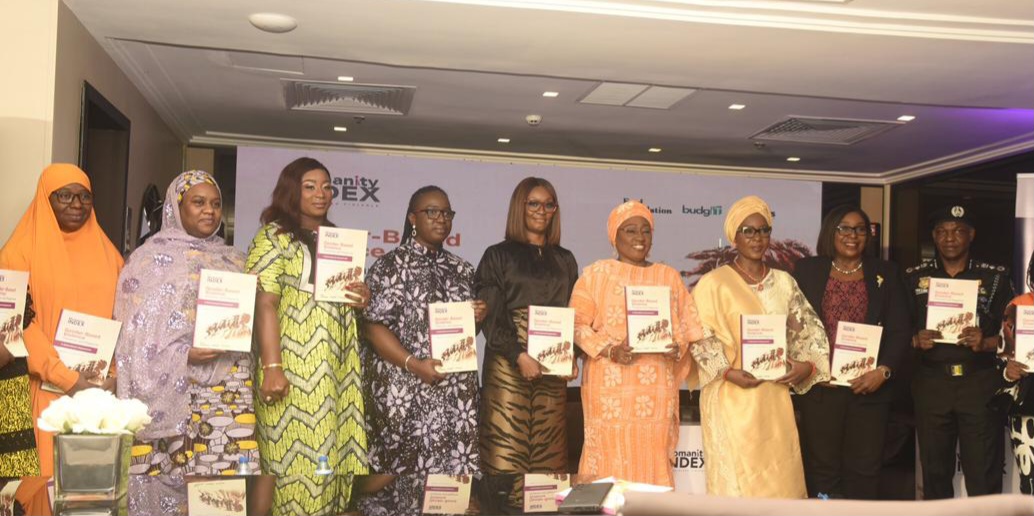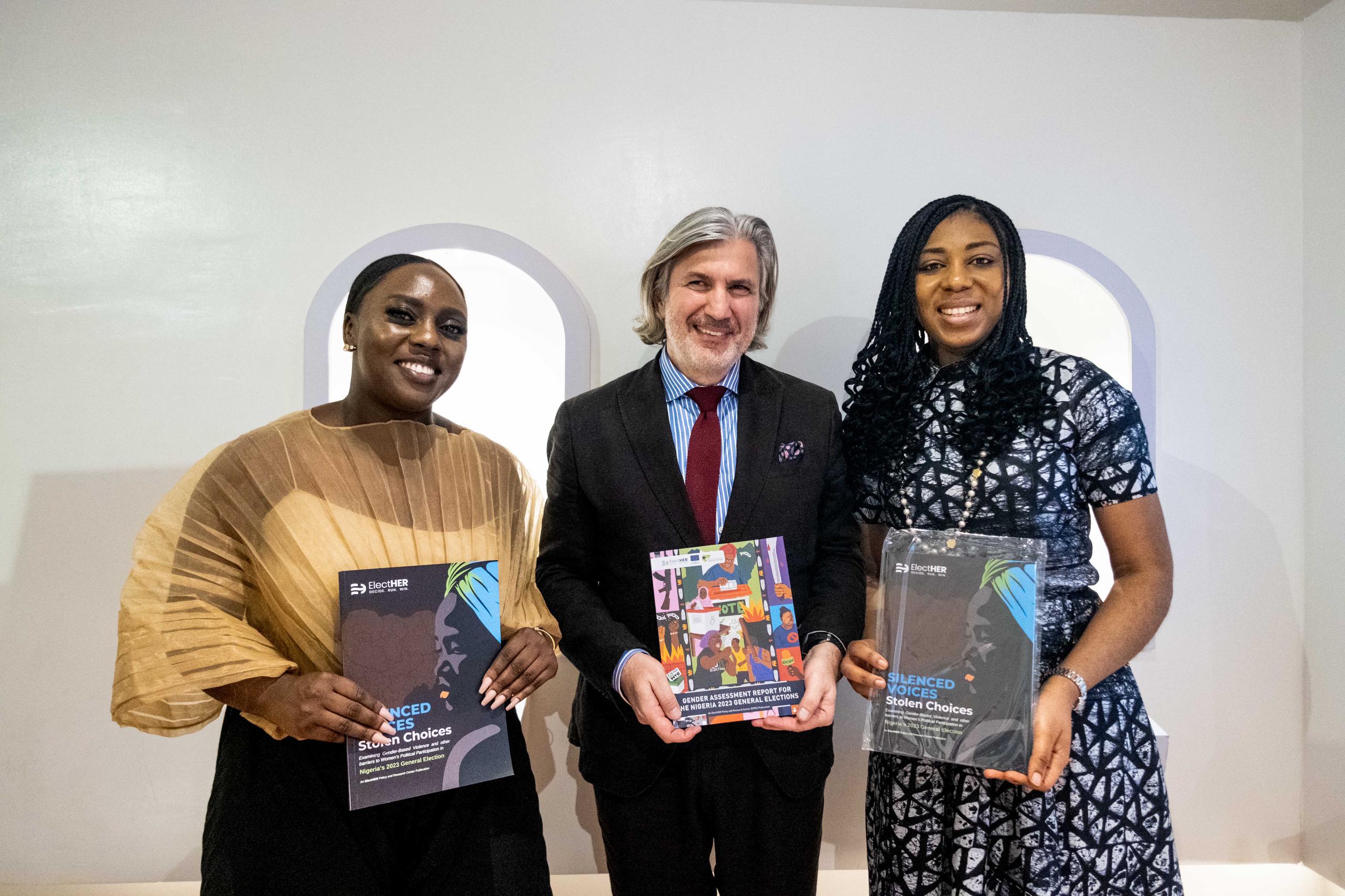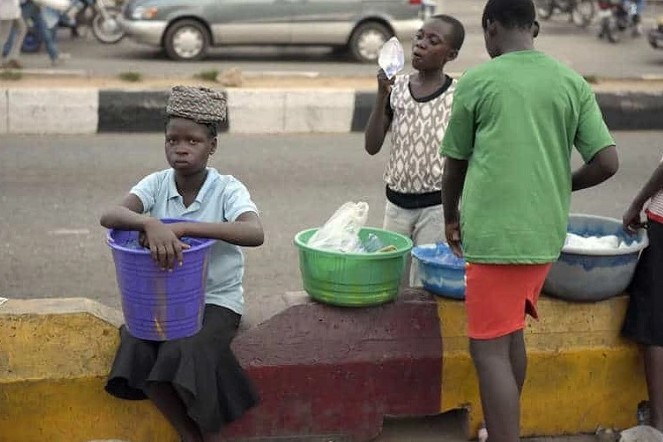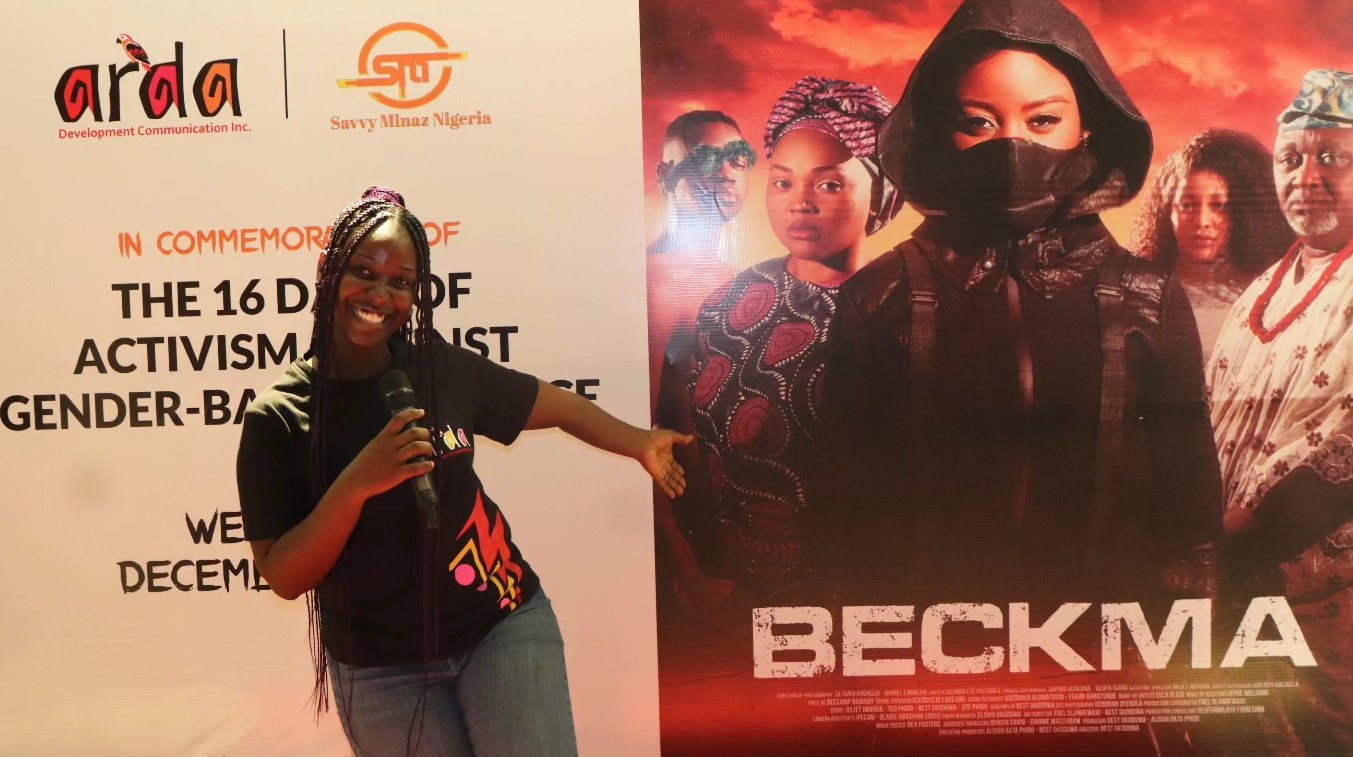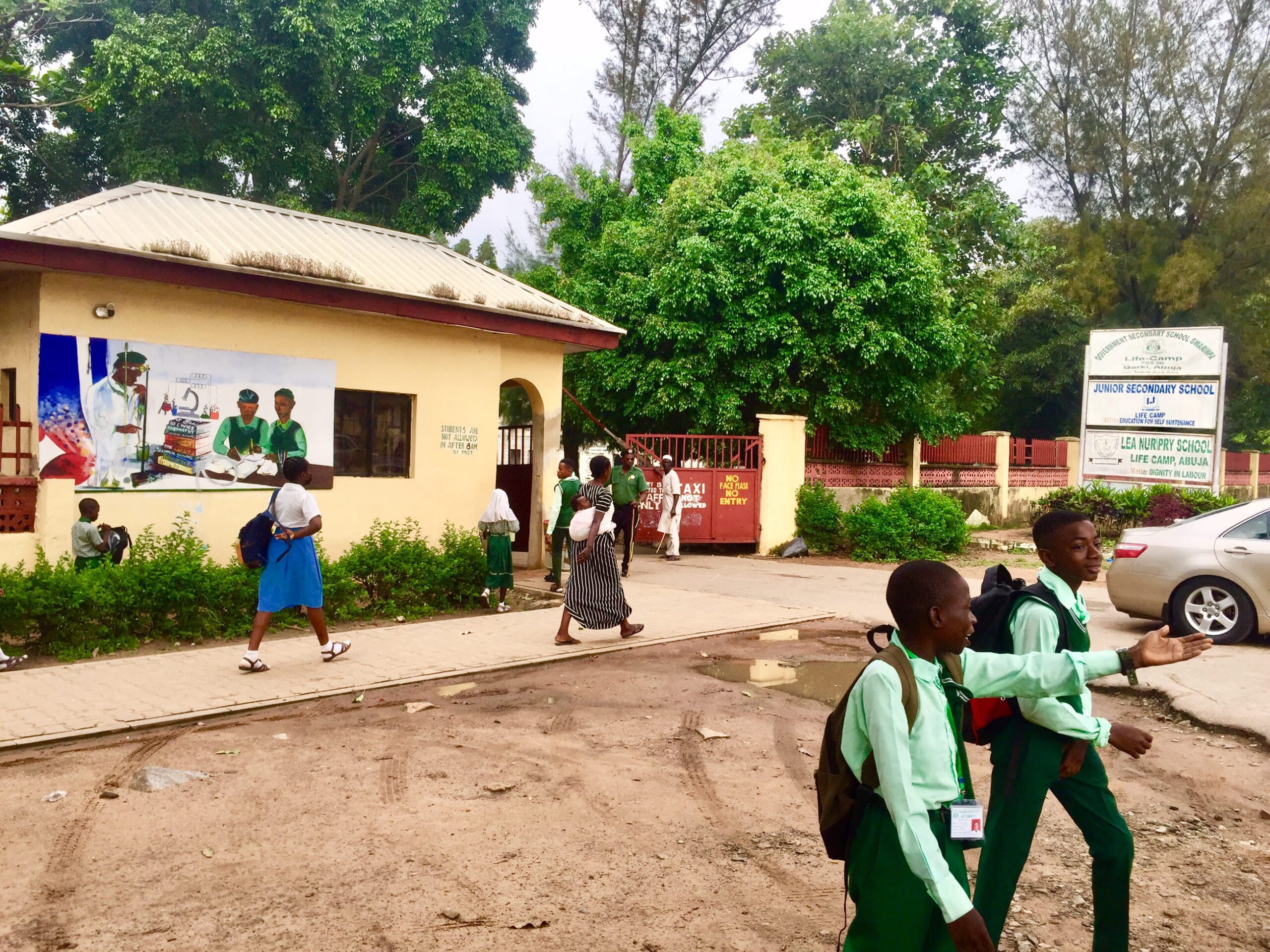At least, about 20,000 victims of gender-based violence (GBV) in Nigeria have been assisted with treatment by the US government.
David Greene, Chargé d’Affaires of the US embassy in Nigeria, who dropped the hint, spoke at the “No Tolerance” march to support the 16 days of activism against GBV held in Lagos over the weekend.
Greene said the treatment programmes include viral suppression and reduction of HIV acquisition.
The march, which took place around Lekki and its environs, was organised by the Women at Risk International Foundation (WARIF).
Advertisement
The US embassy Chargé d’Affaires added that over 50,000 Nigerian women have also been trained on escaping dangerous GBV-related situations across the country.
He described GBV as “human rights abuse, a form of discrimination” and urged everyone to continue to work to reduce its reoccurrence in society.
“The U.S. Mission to Nigeria has invested tens of millions of dollars in support of gender equality, economic empowerment of women, women’s health, and peace and security among other programming,” Greene said.
Advertisement
“Through U.S. Mission Nigeria, more than 50,000 girls and young women have been trained on how to escape dangerous GBV-related situations through USAID’s flagship “No Means No” program.
“The Centers for Disease Control and Prevention (CDC), via PEPFAR, provides support to integrate HIV treatment services for GBV victims.
“Close to 20,000 GBV survivors have participated in treatment programs to include viral suppression and reduction of HIV acquisition.
“As we commemorate these 16 days of activism to end such abuses, we must once again remind ourselves, that no woman or girl child should live in fear of violence, and every girl should grow up knowing she is safe so that she can have the best start in life.”
Advertisement
On her part, Kemi DaSilva-Ibru, founder of WARIF, said the march was held across multiple cities around the world.
She added that the organisation would continue to advocate for a world that is free of sexual and gender-based violence.
“We are hopeful that this march will continue to get bigger. The reach would be wider, and more cities would participate. Because we believe that everybody — man or woman or child — has the right to live in a society free of sexual violence,” DaSilva-Ibru said.
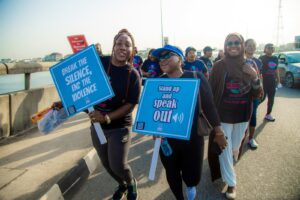
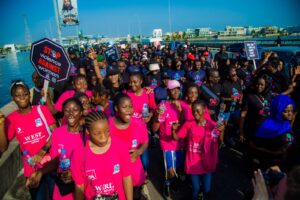

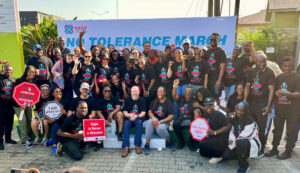
Advertisement
Add a comment
